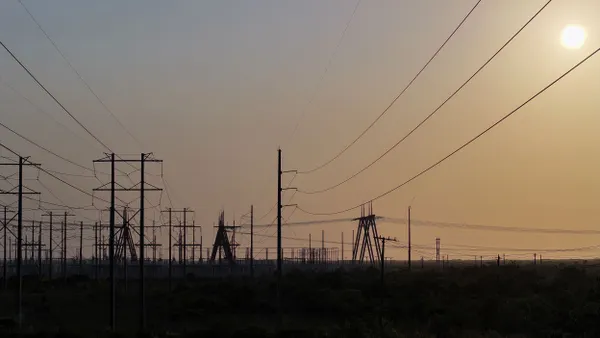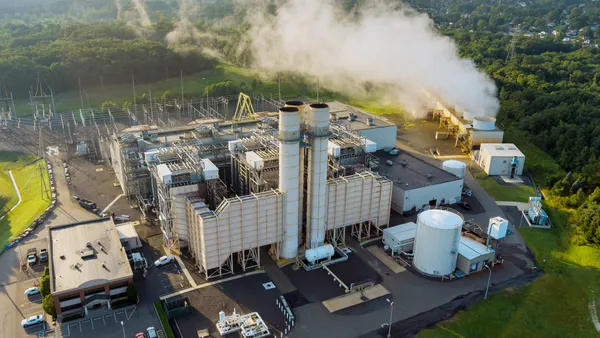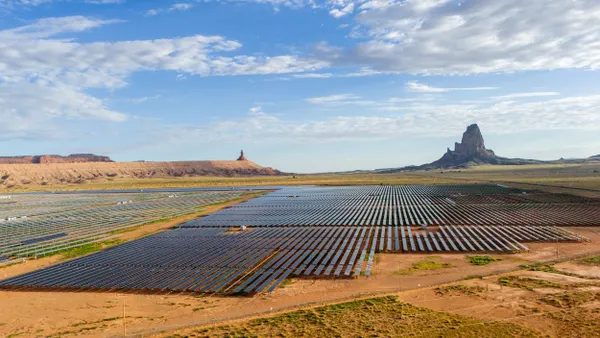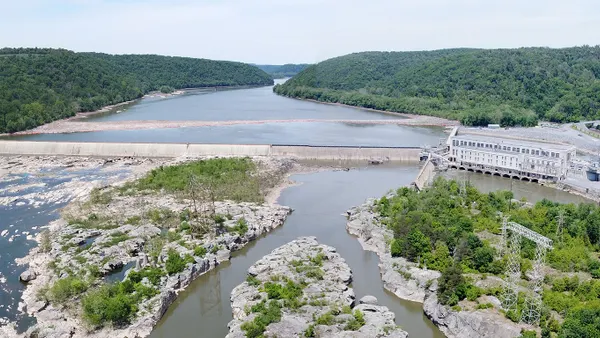Dive Brief:
- The American Public Power Association (APPA) and other industry organizations have called on the Environmental Protection Agency (EPA) to withdraw its proposed New Source Performance Standards (NSPS) for carbon dioxide emissions from new fossil fuel-fired power plants.
- APPA raised concerns that the standard would “effectively eliminate coal” as an electricity generation source and lead to a costly over-reliance on natural gas.
- APPA also said EPA has not substantiated its claim that carbon capture and storage (CCS) is the Best System of Emissions Reduction (BSER).
Dive Insight:
The standard to achieve the BSER requires utilities to inject and sequester carbon emissions from coal plants into the ground, which APPA said has not been adequately demonstrated. The EPA conceded that CCS is not in commercial use but said pilot projects show it is the BSER.
APPA also argued the BSER standard for new combined cycle natural gas plants is too restrictive and that reliance on ramping natural gas as a flexible resource to support renewables will increase emissions.
The American Coalition for Clean Coal Electricity (ACCCE) has argued the EPA regulations “set a dangerous precedent” and could cost the U.S. “an estimated $1 trillion in economic benefits from carbon capture and storage (CCS) technology.”













